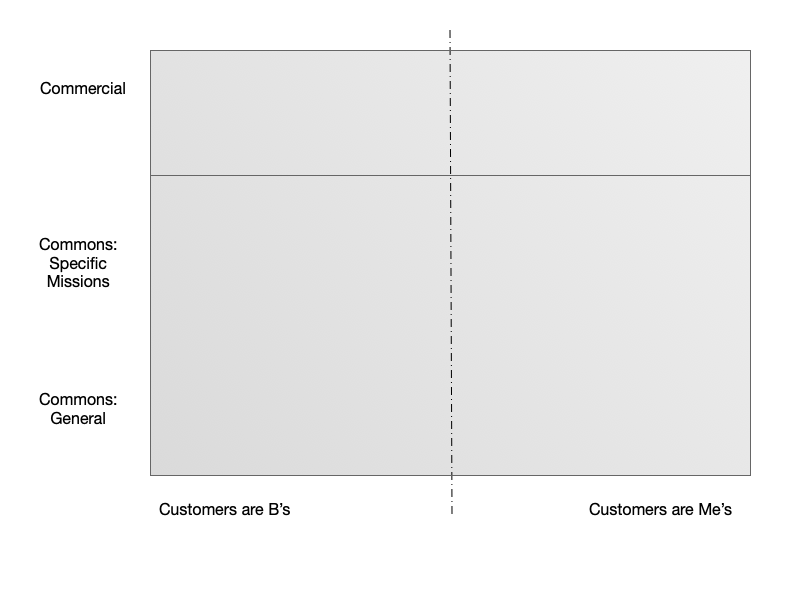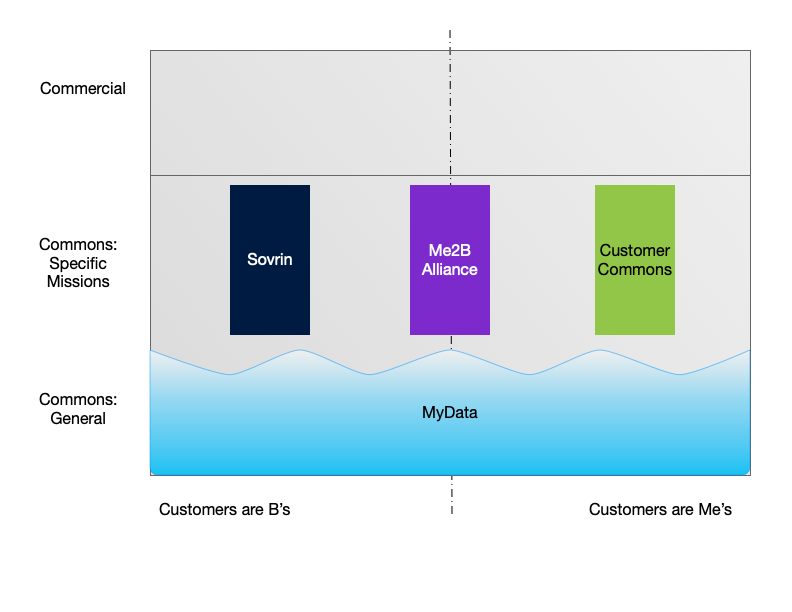2020-01-13
Downloading all your data and new security risks
I’ve been playing around with the new data download features major on-line providers like Twitter, Facebook or Google have been forced to provide to us Californians since January 1, 2020, under the California Consumer Privacy Act.
It’s amazing what kinds of data they have. For example, from the Facebook download I learned that dozens of car dealerships all over the country (like, say, in Texas, where I definitely have never gone car shopping) have my name and address. How – I have no idea.
But speak about putting all your eggs in one basket. In Google’s case, a single ZIP file contains all your e-mail over a decade or more, your pictures, your private messages, your location history – everything you ever used any Google product for, and many things you never thought Google recorded about you.
If this one file fell into the hands of somebody nefarious, you’d probably be in serious trouble – from possible financial fraud to blackmail on multiple levels, in particular in less-liberal countries, of which there are unfortunately more and more. The trouble would likely be much bigger than if somebody “merely” logged into your account: because all the info is there in one place, you don’t have to look for it, you can write scripts against it and immediately analyze it.
As Andrew Carnegie, and then Mark Twain, said: “And Then Watch That Basket!”. The trouble is … do we? I mean … before I started jotting down this post, I don’t recall having seen a single discussion of this threat anywhere, and I usually pay attention to this kind of thing.
It’s hard to secure that kind of access. To be sure, I’m all in favor of me and you being able to know every last bit of what big companies record about us, and get that data and use it somewhere else. But that power sure comes with a lot of potential dangers.
I fully expect a wave of “GDPR” and “CCPA attacks” to occur, all focused on getting your full archive from major service providers and “monetizing” this in various ways, plus enabling whatever any secret police in some jurisdiction – and I use the word “juris diction” loosely here – can come up with.
What’s the alternative? Well, those service providers not having all that data about me in the first place! Instead, they should only be “borrowing” it from me; well, the parts they need for something I agree to for as long as they actually need it. Then, no bulk upload or download is necessary, and we don’t have this high-risk security problem in the first place.
![[Logo]](https://reb00ted.org/assets/logo.png)

